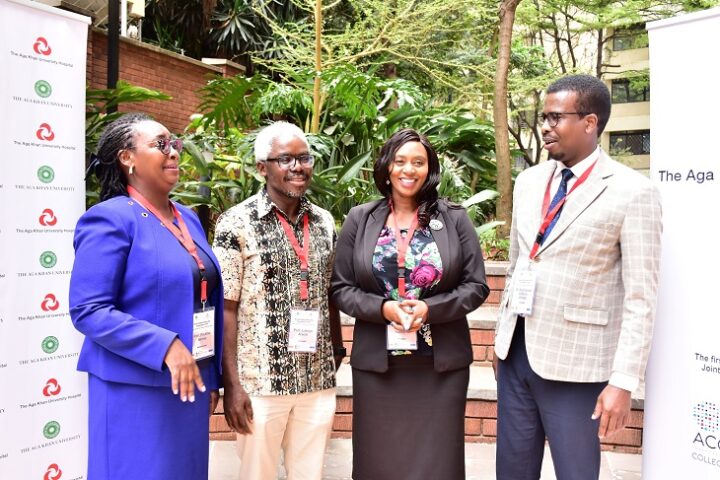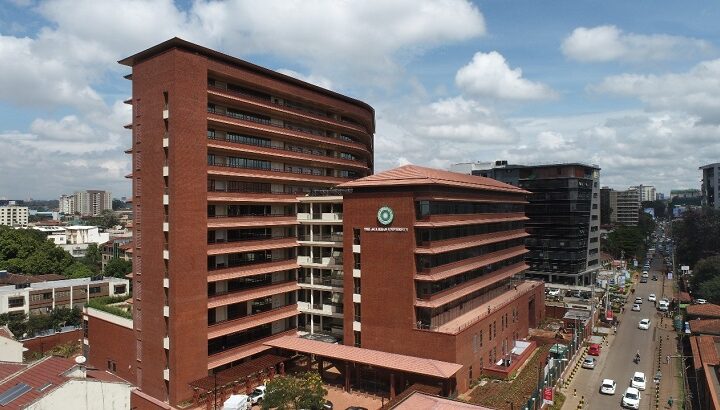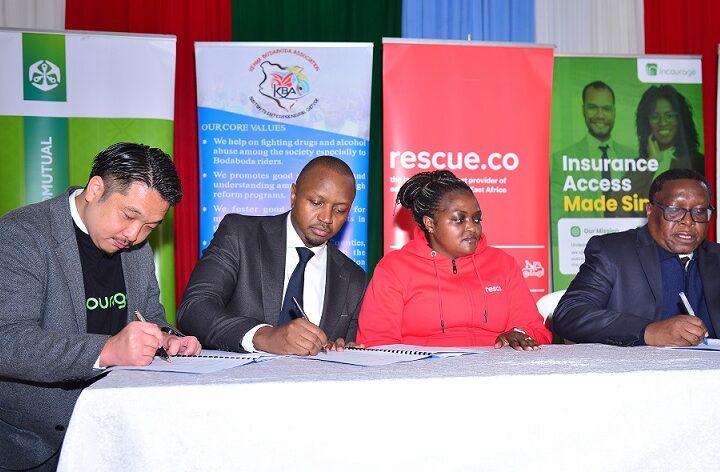Kenya faces a formidable challenge in maternal and neonatal health, underscored by sobering statistics from the 2022 Kenya Demographic and Health Survey.
Alarmingly, only 59% of women1 attended the recommended four ANC visits, a figure that falls short of global health standards set by the World Health Organization (WHO), which advocates for at least eight contacts to significantly enhance outcomes for both mothers and newborns.2
Antenatal care (ANC) is not merely routine check-ups; it represents crucial opportunities to educate expectant mothers, detect complications early, and prepare them for the demands of the postpartum period.
A robust ANC framework sets the stage for seamless transitions into postpartum care, ensuring mothers are monitored closely post-delivery, managing health concerns promptly, and receiving essential support for breastfeeding and infant care. However, numerous barriers such as socioeconomic disparities, entrenched cultural beliefs, and inadequate healthcare infrastructure hamper access to these vital services across Kenya.
To fortify Kenya’s maternal health landscape, healthcare providers must implement strategic innovations. Expanding ANC access through mobile health clinics and leveraging telemedicine for remote consultations addresses geographic and logistical challenges, enabling pregnant women in remote areas to access critical care promptly. Moreover, enhancing quality standards through continuous training on ANC guidelines and standardized protocols empowers healthcare providers to consistently deliver high-calibre care, meeting maternal health needs comprehensively.
Additionally, integrating ancillary services such as nutrition counselling, mental health support, and HIV management—into ANC frameworks is paramount. This holistic approach ensures expectant mothers’ multifaceted needs are met, bolstering overall health and well-being throughout pregnancy and beyond.
Community health workers also play a pivotal role in bridging gaps in maternal healthcare. By educating communities, identifying pregnant women in need of ANC, and providing localized follow-up care, these frontline workers not only increase ANC uptake but also enhance adherence to ANC schedules, mitigating maternal and neonatal health risks at the grassroots level.
The journey of motherhood extends far beyond childbirth. By recognizing and strengthening the vital link between antenatal care and postpartum health, Kenya can deliver the comprehensive maternal care every woman deserves. This commitment not only safeguards maternal and neonatal well-being but also paves the way for a healthier, more resilient generation.
By fostering partnerships and advocating for systemic improvements, we can create a supportive environment that ensures Kenyan mothers receive continuous care during this critical phase of their lives. Realizing the full potential of the antenatal-postpartum continuum demands concerted efforts across society. The dividends, a healthier future for mothers and children are indisputably worth the investment.
Read Also: Britam Moves To Improve Maternal And Neonatal Healthcare

By Dr Susan Mburu – Head of Clinical Business Operations, AAR Health Care Kenya.












